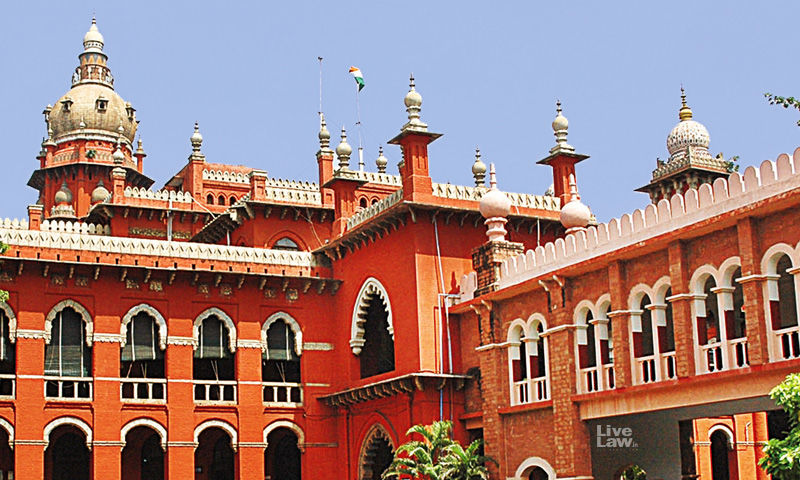
Chennai, June 17(BPNS)
The Tamil Nadu State Construction Labourers welfare board is all set to fund the vaccination drive of the construction labourers across the state. The welfare board has a cash surplus of 3000 crores which is collected as 1% Cess levied from project sites across the state. It is to be noted that around 12.13 lakh workers are registered with the Labour welfare board of Tamil Nadu which is half of the total labour population of the state.
It may be noted that several studies have revealed that construction workers are one of the most vulnerable group to be infected with Covid-19 virus and that the group comprises labourers drawn from Bihar, Chattisgarh, Odisha, West Bengal, Rajasthan, Uttar Pradesh and Madhya Pradesh.
A senior officer with the labour department told BPNS that the department has already placed an order for 2 lakh doses of Covid-19 vaccines with the Tamil Nadu State Medical Service Corporation.
Labour department officials told BPNS that a group of 100 to 150 labourers will be vaccinated in one site and this would be carried out across the state.
According to the labour department sources, they had earlier conducted a vaccination drive with the Greater Chennai Corporation as the construction workers were considered vulnerable and were given priority vaccination. Sources indicated that around 3500 construction labourers were vaccinated during the drive-in association with the Greater Chennai Corporation.
With the reduced supply of vaccines, the camps which were opened in Chennai and other cities of the state started closing down. Industries and workers associations have made representations with the labour department and suggested that the money with the labour welfare board be utilized for this vaccination drive.
The department is now speeding up the vaccination drive among the workers and laboueres in Tamil Nadu before the North Indian workforce returns to the state. CREDAI officials said that they are into an awareness campaign among the laborers to take the jab and how it would prevent them from being infected by the virus.






